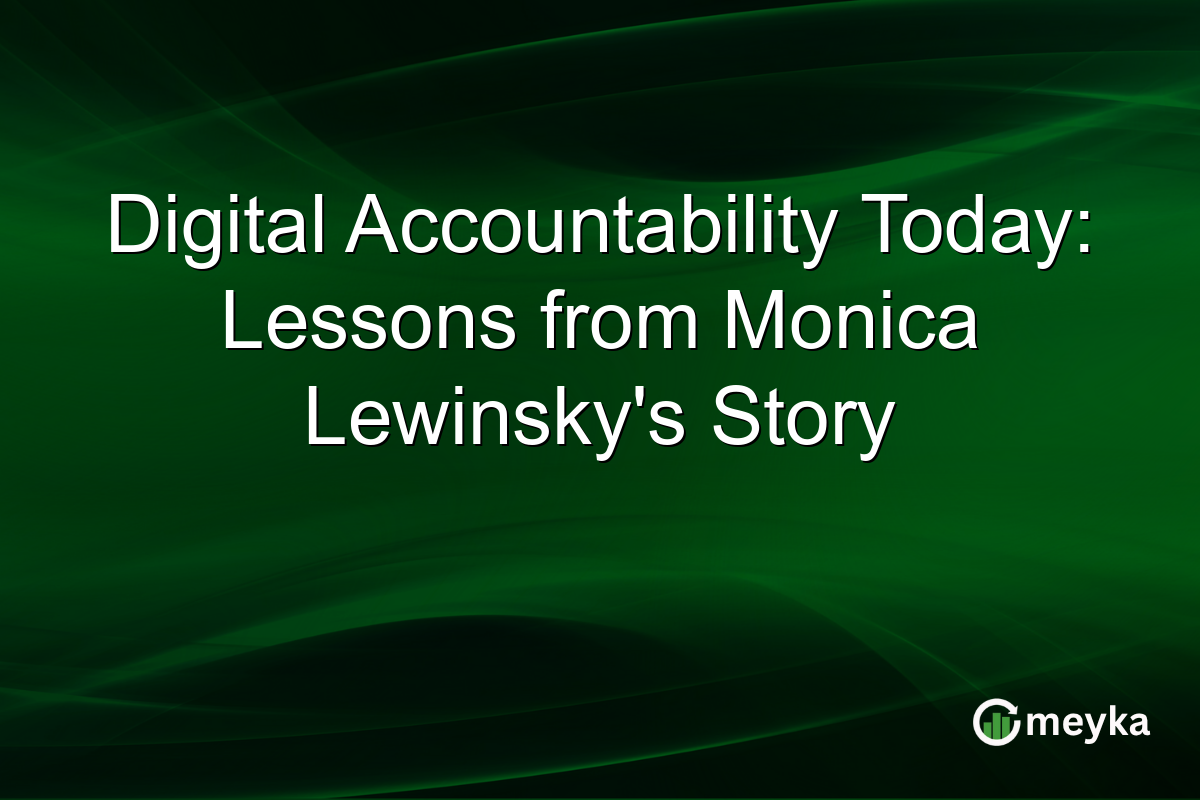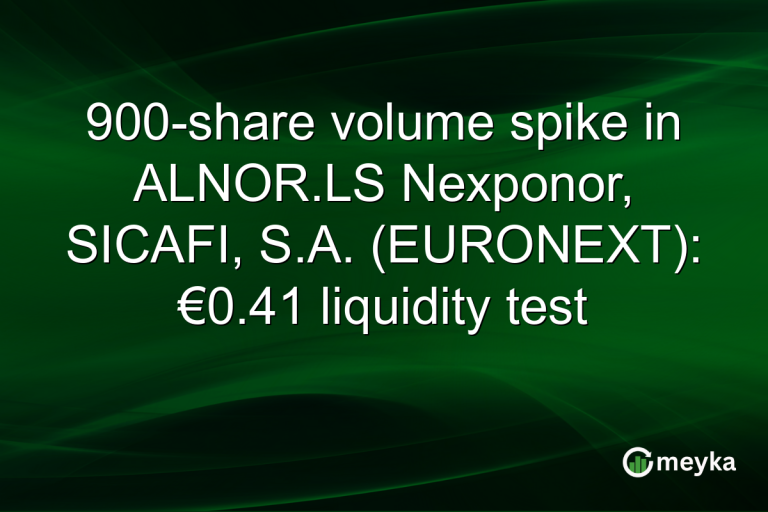Digital Accountability Today: Lessons from Monica Lewinsky’s Story
In the digital age, accountability has taken on a new dimension, driven by the expansive reach of online platforms. Monica Lewinsky, once at the center of a media storm, now provides invaluable insights into this transformation. Her experiences highlight the changing nature of public scrutiny and the profound implications of cyberbullying. Understanding these lessons is crucial as we navigate digital interactions and their impact on personal and public perception.
Monica Lewinsky Insights on Digital Accountability
Monica Lewinsky’s story is a striking example of how digital accountability can shape lives. Her reflections on her public experiences have highlighted the harsh realities of online scrutiny. Lewinsky emphasizes the significant shift from traditional media to digital platforms.
Through these platforms, narratives can be controlled or distorted rapidly, often leading to intense public backlash. Her insights underscore how quickly digital accountability can escalate, causing long-term impacts on personal reputation and mental health.
Lewinsky’s recent discussions on this matter have resonated widely, demonstrating the urgent need for more responsible digital interactions. Monica Lewinsky’s reflections: implications for public perception.
Cyberbullying Impact in the Digital Era
Cyberbullying remains a critical issue in the realm of digital accountability. Monica Lewinsky’s experience with online harassment illustrates the profound effects of cyberbullying. In the digital world, this form of bullying can occur relentlessly, affecting mental health and social reputation.
Lewinsky advocates for increased awareness and stronger policies to manage such behavior. The digital space, though a tool for connection, can become a battlefield of public scrutiny. This shows the pressing need for stricter regulations and support systems to protect individuals from digital harassment.
Public Scrutiny Challenges in the Digital Age
The narratives around public figures like Monica Lewinsky highlight the burdens of intensified public scrutiny. Digital platforms often amplify these challenges, offering little control over how stories unfold.
Lewinsky’s insights demonstrate the difficulty in reclaiming one’s narrative once it’s subject to digital manipulation. This reflects the broader challenge of maintaining privacy and dignity amidst an overwhelming tide of information. Monica Lewinsky reveals her journey of overcoming public scrutiny.
Addressing these challenges requires a balance between freedom of expression and ensuring accountability for narratives shared online.
Final Thoughts
Monica Lewinsky’s story offers crucial lessons on digital accountability. Her insights into cyberbullying and public scrutiny highlight the complexities of managing these issues. As digital interactions continue to expand, creating systems that promote responsible behavior becomes essential.
These lessons stress the importance of establishing initiatives that foster digital literacy and empathy. As a society, we must aim to protect individuals while allowing for public discourse. In doing so, we can navigate the digital world with greater awareness and responsibility, ensuring a more constructive public dialogue.
FAQs
Digital accountability refers to the responsibility users and platforms have to ensure fair and respectful online interactions. It involves managing content and behavior to prevent harm and ensure respectful discourse.
Lewinsky’s experience highlights the challenges of narrative control and public scrutiny in the digital age. Her insights underscore the importance of handling digital interactions responsibly to avoid cyberbullying and reputational damage.
Cyberbullying can lead to severe mental health issues and affect social and professional lives. With the rise of digital communication, it has become more pervasive, necessitating stronger policies and awareness.
Disclaimer:
This is for information only, not financial advice. Always do your research.






